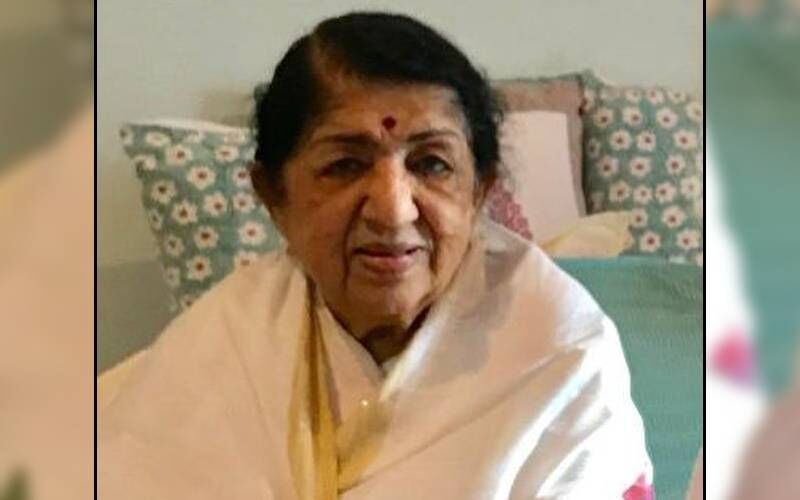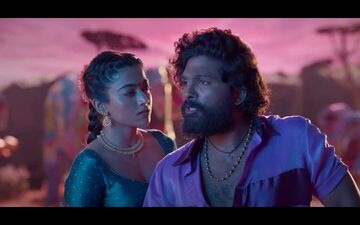Women's Day 2023: When Lata Mangeshkar Singlehandedly Changed The Future Of Playback Singing; Read Deets Inside
Today, on the occasion of Women’s Day, we bring to you an inspiring story of Lata Mangeshkar about how she changed the future of playback singing!

Playback singing in Hindi cinema can be divided into two neat halves: before and after Lata Mangeshkar. Before Lataji, the vinyl records carried the name of the character for whom the singer sang rather than the singer’s name!
After Lataji’s Aayega aanewala from Mahal became a rage in 1949, Latji put her foot down on behalf of all the playback singers and insisted that the singer’s name be put on the vinyl records. Initially the producers laughed off her request. They then saw she was serious. She resolved to not sing rather than allow the singer’s rightful credit to be taken away. That’s when the producers had to bow to her request.
I had spoken to Lataji on this topic. “I think in 1949, I sang around 100-120 songs. The majority of them, from films like Mehboob’s Andaz and Raj Kapoor’s Barsaat, were big hits. In 1949, I had 40-50 chartbusters, including Hawaa mein udta jaye, Jiya beqaraar hai (Barsaat); Aayega aanewala (Mahal); Lara lapaa (Ek Thi Ladki); Chup chup khade ho (Badi Bahen); and Sajan ki galiyan chhod chale (Lahore).”
Lataji recalled the scenario when she came into the Mumbai film industry. “Playback singers were called ‘ghost voices’, because we really were like ghosts... totally invisible to the public. Even my name was not printed on the records; it was the name of the character that the heroine played that was printed on the record. For the song Ayega aanewala, for Mahal, the name on the record was ‘Kamini‘, which was [actor] Madhubala’s name in the film.I couldn’t allow this injustice to playback singers.”
_2024-12-26-7-45-37_small.jpg)
_2024-12-26-7-40-17_small.jpg)
